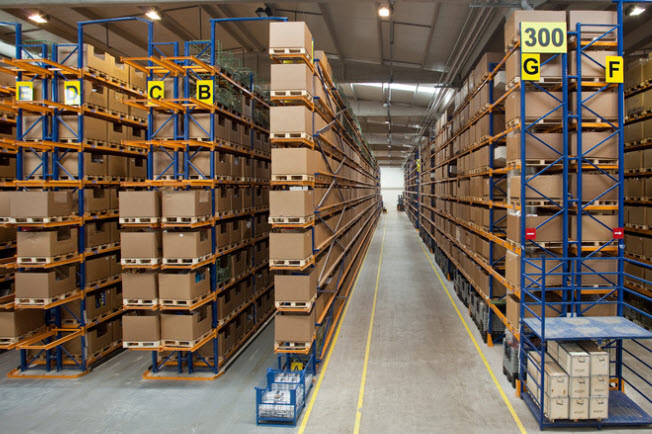The NetSuite Advantage for Efficient Inventory and Logistics Management
Companies dependent on manual methods for managing inbound logistics encounter significant challenges that adversely affect their time, finances, and customer relationships. These challenges encompass:
1. Insufficient Inventory Visibility: For any product-based business, maintaining precise, current inventory records is crucial. However, it’s not just about knowing your stock levels. Understanding the exact location of your inventory, its availability, and the expected arrival of new stock is essential for proactive supply chain management, covering everything from procurement to fulfillment.
- Suboptimal inventory distribution, resulting in surplus stock in some areas and shortages in others.
- Erroneous forecasting, causing both stock shortages and the need to discount or write off excess, outdated, or unsellable inventory.
- Elevated cost of goods sold (COGS) due to unnecessary product handling.
- Missed sales opportunities when customers turn to competitors because of stock unavailability.
- Challenges in tracking and tracing products from the supplier right through to the customer order.

2. Flaws in Data Entry and Record-Keeping: The reliability of your inventory records hinges on the precision of data logged upon items’ arrival at the warehouse. Precise recording of details like item, lot, and serial numbers is vital for accuracy in subsequent processes. Dependence on manual entry, such as pen-and-paper methods, exposes your records to human errors, leading to outdated and incomplete information. This negatively impacts both customer satisfaction and financial performance.

3. Delays in Updating Inventory Records: The practice of manually inputting data for incoming items as they arrive leads to delays in inventory and transaction updates. This occurs as staff physically process orders and then belatedly adjust inventory records. Such delays can be costly. Without instant visibility into stock levels, there’s a risk of allocating the same inventory to multiple orders, resulting in insufficient stock for open orders. Conversely, lack of insight into committed items can lead to overordering, resulting in excess stock that consumes warehouse space and ties up capital.
4. Inadequate Quality Control for Incoming Orders: Quality inspection of incoming orders is critical to ensure smooth production and minimize risks while monitoring supplier performance. Identifying issues with vendors or shippers during the receipt of items into the warehouse is a common occurrence. Prior to accepting items into inventory for order fulfillment or production, it’s crucial to inspect them to meet your quality standards. Neglecting to identify and report damaged or missing items not only disrupts production but can lead to defective products and returns. This also means paying for goods not received, adversely affecting the bottom line. Proactive quality control can prevent issues before they impact production and customers.

5. Inefficient Storage and Retrieval Processes: Lacking a clear strategy for storing items increases the risk of misplacing inventory, which adversely affects subsequent processes like production and fulfillment. This can also lead to inaccuracies in inventory records. Tracking items as they move within the warehouse and ensuring their proper placement guarantees that the inventory listed in your management system is available and easily located when needed. In the absence of an efficient storage strategy, warehouse staff may place incoming inventory in any available space, complicating its retrieval later. Even with designated storage bins, inefficient storage methods lead to staff repeatedly traversing the warehouse, wasting time and resources. This not only reduces efficiency but also increases overhead costs and decreases productivity, especially when labor is a significant cost factor.
Enhancing Inbound Logistics Through NetSuite’s Capabilities
In the realm of manufacturing, efficient inbound logistics is a cornerstone for operational success. CloudConnect Consulting, in partnership with NetSuite’s Warehouse Management System (WMS), offers a transformative solution for your business’s warehousing needs. By leveraging NetSuite WMS, CloudConnect Consulting helps simplify and standardize the processes of receiving, inspecting, and storing inventory. This collaboration not only streamlines operations but also significantly reduces errors, maintains accurate inventory records, and lowers overhead and warehousing costs. It ensures timely entry of items into inventory, making them available for production or order fulfillment without delay.

